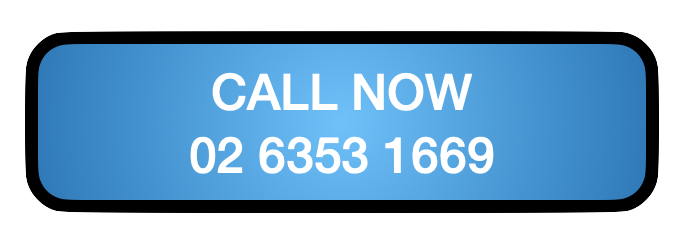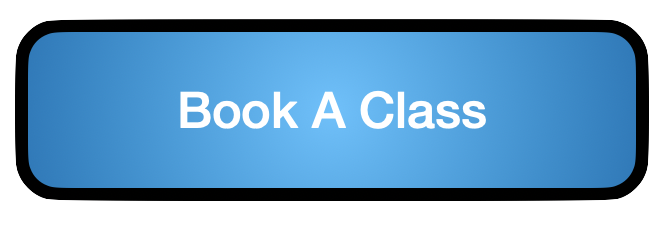I wish I could really give this a simple answer. I have been a Mac Technician for over 15 years with a strong focus on software (anyone can turn screws, really, the devil is always in the software detail). Originally, my opinion of Anti-virus for Macs was, at best PUPs (Potentially Unwanted Program), and at worst a scam. This was all based on the theory that Macs do not get viruses. Now that I have been studying Mac Malware, I decided to rethink this and do some current research. Software updates are as important for the programmer as they are for the program!
First, I want to clarify something. There is a technical difference between a Virus and Malware. A Virus can sneak up on you unless you take extra precautions – like hand washing and masks, but Malware comes in upon invitation – like a flea riding the dog you let into the house. But for practical purposes, they are mostly the same and my research looked into both Anti-virus and Anti-malware applications. Based on my research, I have changed my view on the likelihood of potential Viruses and Mac Malware. But my perspective on Mac Anti-virus third party software as a prevention is, well, it’s complicated.
This blog post will break down why Anti-virus programs slow down your Mac and why I rarely recommend installing them on your system.
Good Morning Mac! Anti-virus is already at work.
The moment you boot up your iMac, your Anti-virus starts working. You do not need to tell it to. You will be challenged if you want to stop it. This is because Anti-virus programs are designed to attach themselves to your “Startup items “. A good portion of Anti-virus is created by Windows developers and Windows Anti-virus applications work best by being integrated into the start-up sequence. This is one of the reasons many software updates require you to restart your machine. This makes total sense fo the way Windows OS works.
By the nature of Apple computers (Or any computer really) any app that is running will slow down your computer even a tiny bit as it uses up resources. The problem with this is that the Mac’s Anti-virus is always checking to see if you have encountered any new malware. This uses up an ever increasing amount of processing power.
The “Good Morning!” mindset needs to change for Anti-virus to be effective for Macs. So far I have only found one developer that does that – keep reading. The irony of installing Anti-virus on a Mac and having it slow the computer down worse than malware is not lost on me.
What about the big brands of Anti-virus?
My last retail job I was asked to install a sample of the Anti-virus so I could sell it to my customers. I was a little sceptical at first. I went home and it was really easy to install the software and I was up and running.
But then everything started to slow down. The Anti-virus not only seemed to have a mind of its own when it came to when it should perform a scan, it was always updating definitions. I also noticed that it was very aggressive about asking me to upgrade, sign up for the newsletter and other marketing and up-selling aspects.
At one point I was using Logic Pro to work on my Sci-fi Podcast when the Anti-virus decided it was a good time to run a scan. This brought my poor Mac Mini to a screaming halt. I ended up having to manually reboot the system then uninstall the Anti-virus in Safe Mode. “Anti-virus slow down” is not the way to get things done.
I told my boss that I uninstalled the software and I refused to sell it. He was not amused.
But what about the new research?
My new research on Mac Anti-virus may have made me willing to admit the possibility of Mac viruses, and also acknowledge the increase of Mac malware, but it has not changed my view on Anti-virus software. Almost every time I encountered software that claimed to not slow down your Mac, the forums were filled with Mac users (some with considerable skill ) all calling shenanigans. (I am not certain how accurate those claims are. That requires a lot more research. But my research to date, mixed with my own experience, leads me to overlook a little bit of confirmation bias at the moment.)

There was ONE exception. Malwarebytes software is made by the same people who produce one of my favourite malware blogs. (Yes I read this stuff for fun).
Malwarebytes is a passive search application and will only scan when you tell it to. While it does create an icon on the menu bar, unlike the other software that act like the worst helicopter parents ever, Malwarebytes figures users are smart enough to make their own decisions about when to run scans. This eliminated the Good Morning! problem.
I have not used it enough yet to have an official performance analysis on how much resources Malwarebytes uses, but so far it has been small enough that did not notice (active scans may slow down your Mac a little while running but it is a temporary lag).
How do you protect your Mac without Anti-virus?
I get that Malware is now a real threat to Mac computers. However, the built-in software provided by Apple already does a good job of protecting your computer from Malware. You just need to not disable it.
OSX Gatekeeper
OSX already has a decent bit of software called Gatekeeper. Apple designed and pre-installed Gatekeeper to keep your operating system safe from malware.
Do not confuse Gatekeeper with MacKeeper. MacKeeper is a third party program that is, well, let’s just say that I am NOT a fan.
Unlike Anti-Virus that goes through all the software and checks everything for bits of code that could be harmful to your computer …ALL the time. (There is that Good-Morning problem again! ) OSX Gatekeeper is more like the Door Man at an exclusive club. In order to install software, you need to be on a list. Apple is the club manager and it is their list.
Apple carefully checks all apps available on the Apple App Store. This means that any app that you download from Apple directly is going to be very safe. There are even new Apple rules about privacy that Facebook is not happy about.
What if the software is not from the App Store?
As someone who is always installing Open Source software on my Mac, I run into this all the time. OSX Gatekeeper will check to see if the software has been created by a known developer. Even if it is not on the list, Apple might let in in because it is a friend of a listed guest. This means that malware really has to be tricky to get through the door. It has happened, but it is VERY rare.
MacOS checks the Developer ID signature to verify that the software is from an identified developer and that it has not been altered.”
Apple support page
You can still install software that is not on this list, however it will take a few manual steps that most people are not willing to try. So at that point, the malware only gets in the door if you distract the bouncer and you actively let it in.
My “almost” final thoughts on Anti-Virus on a Mac
I’m saying almost final because I am sure that I will have to update this opinion again with research.
- Yes, malware is now an issue, but …
- Anti-Virus on Macs will slow your computer down, and …
- Apple already has built-in protections.
If your Mac is a work computer and IT requires you to have Anti-Virus, then go ahead. This is understandable and I would not make too much of a fuss. If you have a choice of programs, consider Malwarebytes. Anti-virus slow down does not seem to be an issue with them.
If your iMac is a personal computer and you stick to downloading apps from the Apple App store, then Anti-Malware is going to cause more harm than good.
If the computer belongs to a curious child or teenager, consider creating a user profile that limits their ability to install software as an alternative to an Anti-virus.
So I guess you can say I’m pro-vaccination but almost anti anti-virus for Mac.
If you need help removing Malware that has sneaked past OSX Gatekeeper in the Blue Mountains or Bathurst area contact us. We can help
Anti-virus slow down



